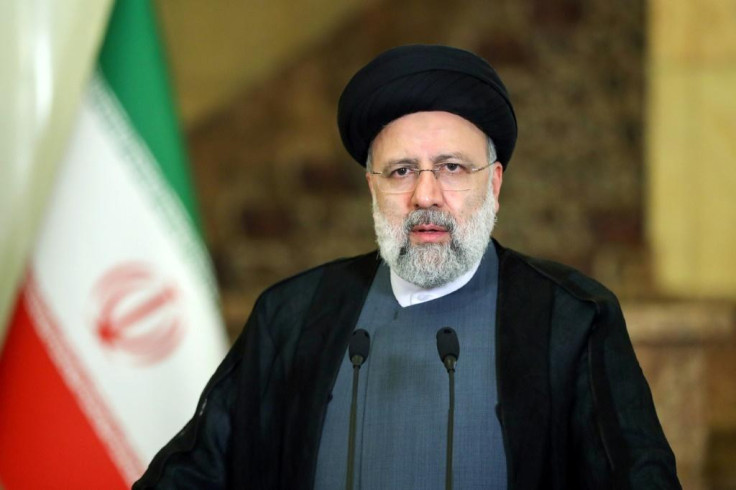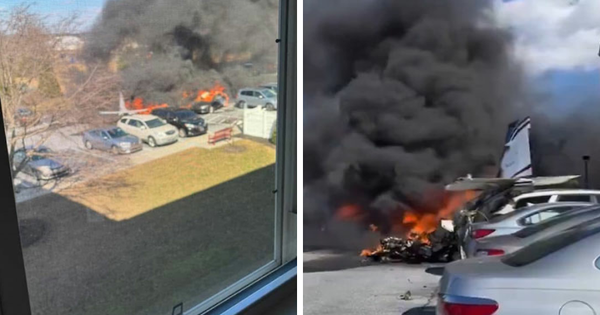
A hacking organisation, known as Gonjeshke Darande, has claimed a cyberattack that forced Iran to shut down 70 per cent of its gas stations.
Gonjeshke Darande, which has previously been linked to Israel, reported that they were proudly responsible for causing a "software problem" in cities across Tehran. The technological issues resulted in several gas stations being paralysed.
The group of hackers was previously linked to the Israeli Military Intelligence Directorate after it claimed responsibility for a cyberattack that forced Iran's state-owned Khuzestan Steel Co plant, to stop producing crude steel last year.
While Israel has kept to its "ambiguity policy", correspondents and personnel belonging to the Israeli Defence Forces (IDF) have strongly alluded to the cyberattack on the Iranian steel plant, being at the hands of Israel's Military Intelligence's Unit 8200.
In statements written in Persian and English, the cyber-attackers explained: "This cyberattack comes in response to the aggression of the Islamic Republic and its proxies in the region."
With reference to the Supreme Leader of Iran, Ali Khamenei, the Gonjeshke Darande statements warned: "Khamenei playing with fire has a price... This is just a taste of what we have in store."
The group of hackers went on to reveal that they had gained access to the payment systems of each gas station, as well as each central server and management system.
Iranian media outlets reported on the 70 per cent closure and referenced to a serious "software problem". The Iranian state media also urged civilians not to rush to the remaining gas stations to panic-buy fuel.
Iran has around 33,000 gas stations, and 30 per cent of which remain open and operating – according to a statement published by the nation's Oil Ministry.
Gonjeshke Darande, in a second statement published on Telegram, the multi-platform messaging service, also announced the cyberattack was planned meticulously.
"As in our previous operations, this cyberattack was conducted in a controlled manner while taking measures to limit potential damage to emergency services," the second statement said.
Gonjeshje Darande went on to note that the group "delivered warnings to emergency services across the country before the operation began, and ensured a portion of the gas stations across the country were left unharmed for the same reason, despite our access and capability to completely disrupt their operation".
This is not the first time that the group of hackers have forced gas stations to close across Iran. This time, in 2021, the Gonjeshke Darande group targeted Iran's vital system that distributed fuel.
Shortly after reports linked Israel to the most recent Gonjeshje Darande cyberattack, in a statement, Israel's National Cyber Directorate accused Iran of attempting to hack the Health Ministry and hospital teams.
The National Cyber Directorate also mentioned that Hezbollah, the Lebanese Shia Islamist militant group and proscribed terrorist organisation, was also behind the cyberattack attempt.
"In a joint effort by the cyber directorate, the IDF, the Shin Bet, and the Health Ministry and hospital teams, the attack was stopped before it could achieve its goal of disrupting the hospital's operations and harming the medical care of civilians," said Israel's Dictorate in a statement.
"However, it was found that the group stole some sensitive information stored in the hospital's systems," the statement continued.
Since October 7, there have been daily cross-border attacks between the IDF and Hezbollah.
Hezbollah, which is financially backed by Iran, has said that its assault on the north of Israel sets out to divert the military from its invasion and bombardment of the Gaza Strip.
The militant group also claims that its attacks on Israel are also a symbol that demonstrates Hezbollah's standing with the Palestinian people and its ally, Hamas.







